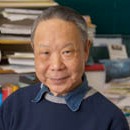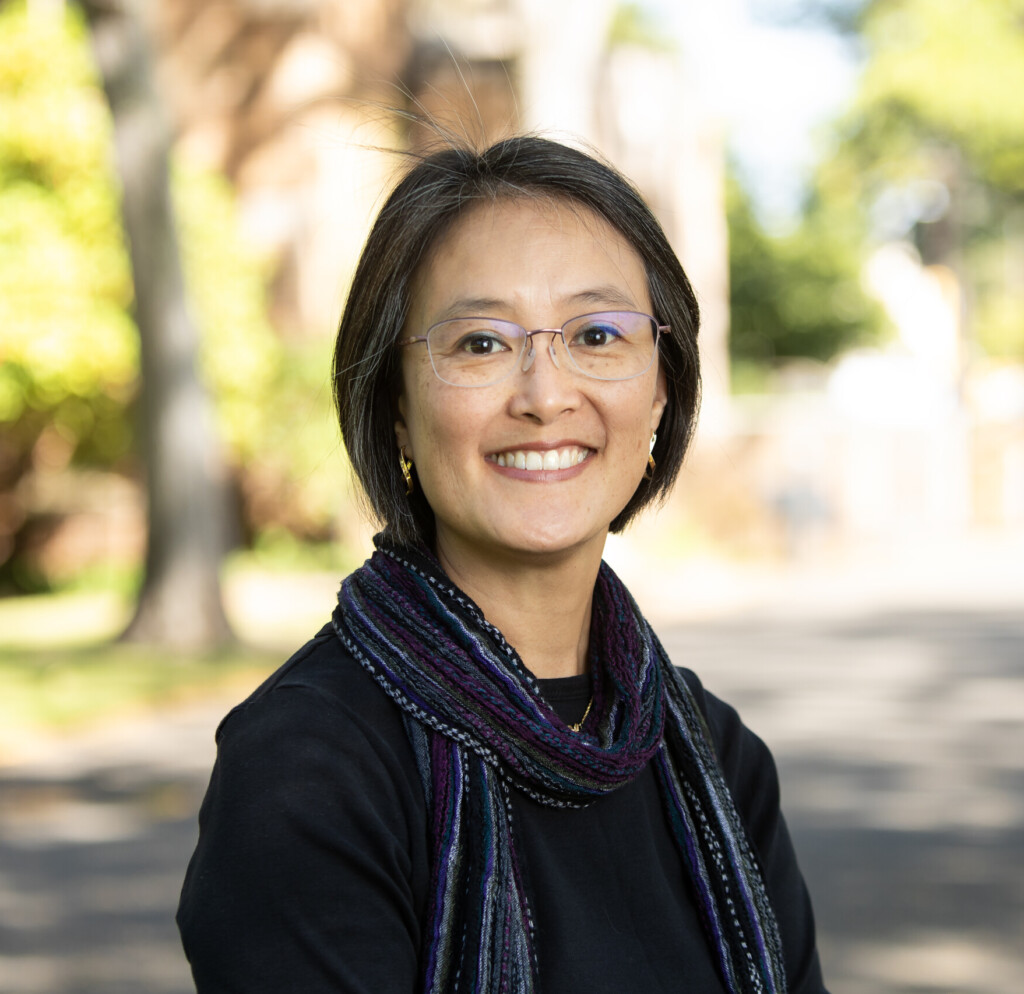Page 16 • (467 results in 0.014 seconds)
-
If you think anthropology is limited to the study of stones and old bones, think again! Though anthropology does look at stones and bones, it also examines the politics, medicine, kinship, art and
of anthropology is in the observation of different peoples and cultures—studying them as they really are instead of how you think they should or should not behave. It is only through this detailed study of all people that we gain the full picture of what it really is to be human. Anthropology tries to bring the world’s peoples into human focus. Anthropologists don’t come up with a theory and see if people live up to it. They live with people and see what they do.Opportunities for Anthropology
-
What is Finance? At its fundamental level, Finance involves the interrelationships among time, value, risk, and how decisions are made concerning resource allocation.
Finance What is Finance? At its fundamental level, Finance involves the interrelationships among time, value, risk, and how decisions are made concerning resource allocation. Finance focuses on these decisions both at the firm (corporate finance) and individual (investments) levels while combining and extending theory and tools from Accounting, Economics, and Math into the practice of financial decision making. What can I do with Finance? Workers in financial occupations are highly coveted in
-
The University of Washington has a new Center for the Integration of Modern Optoelectronic Materials on Demand (IMOD). This NSF funded program is offering paid summer REU positions at UW and at a dozen other institutions around the country. The focus is on cutting edge…
, and electrical & computer engineering. Students can choose to work on the theory that drives the development of new photonic materials that will enable quantum computing. Other labs work on integrating these new materials into devices at both the nano- and macro-scale. Program Dates: Vary by location (UW Program: June 20 – August 19, 2022; a ten-week program between May 30 – August 2022 at other sites) Application Open: December 17, 2021 Application Deadline: February 7, 2022 Stipend: $6,000 (or
-
The Ed.D in Educational Leadership prepares school leaders to meet the demands of school and district leadership.
of K-12 educational leadership: ethics and social justice, inquiry, policy, and leadership development. Demonstrate competency in National Educational Leadership Program Standards (NELP District Standards). Prepare and present written work to both academic and practitioner audiences. Understand, evaluate, and apply educational theory and inquiry knowledge and skills to problems of policy and practice of educational leadership. Design, conduct, report, and present clear and coherent research
-

Professor Emeritus of Physics | Department of Physics | tangka@plu.edu | 253-535-7539 | K.T.
Scientists 2 Vector Analysis, Ordinary Differential Equations and Laplace Transforms (Springer 2007) : View Book Mathematical Methods for Engineers and Scientists 3 Fourier Analysis, Partial Differential Equations and Variational Methods (Springer 2007) : View Book Selected Articles K.T. Tang. "Approximate Treatments of Reactive Scattering: The T Matrix Approach in Theory of Chemical Reaction Dynamics." CRC Press Vol. II, 1985: 125. Biography K.T. Tang (Kwong-Tin Tang) received his B.S. in Engineering
-
Electrochemistry underlies technologies critical to avert the worst effects of climate change. Get the knowledge and training needed to help address the world’s biggest challenges! Chemistry, physics, engineering are all appropriate backgrounds – each brings unique complementary skill sets. Requirements: Passion for team-driven science and technology…
accelerated coursework (including foundational theory, and team-based applied laboratory work, click on the links in the table below for syllabi) and professional development (leadership, project management, interview skills, team integration) coupled with a 9-month paid internship in industry or national laboratory (2021 average annualized compensation was $75,000, with all students landing internships). The internships placements can be anywhere in the world, although we currently focusing on US-based
-
Source: Yale Center for Teaching and Learning on Formative and Summative Assessment
, in order to provide feedback that speaks to a student’s term-long trajectory. If instructors wish to provide truly unbiased summative assessment, they can also consider blind grading.ReferencesNicol, D.J. and Macfarlane-Dick, D. (2006) Formative assessment and self-regulated learning: a model and seven principles of good feedback practice. Studies in Higher Education 31(2): 2-19. Trumbull, E., & Lash, A. (2013). Understanding formative assessment: Insights from learning theory and measurement
-
The PLU Anthropology Department is dedicated to understanding the nature and variety of all humanity. Humankind has great cultural diversity, significant biological uniformity and an undeniable
and structures. As anthropological professionals they need to be able to use the theory and methodology of the field and our four hundred level, two-semester sequence of courses prepare them for this. We also encourage them to take part in study away programs and internships and volunteer opportunities in the community. We aim to prepare all our minors to bring anthropological skills and insights to their work and personal lives.
-
A master’s of science in nursing is a graduate degree program that offers students courses in evidence-based practice generally, leadership in a nursing setting, courses in the chosen area of
entry-level MSN students pass the NCLEX-RN on their first attempt. The Doctor of Nursing Practice (DNP)The doctor of nursing practice degree (DNP) is designed for students who are seeking a degree at the highest level of nursing practice. While it is possible to get a Ph.D. in Nursing, a Ph.D. is for those who are interested in academia, research, and theory, while DNP graduates serve as leaders in the health profession and implement the best, most recent research into the practice of nursing to
-

Associate Professor of Education | School of Education | kimck@plu.edu | 253-535-7775 | Dr.
and teaches math, science, technology integration, educational psychology, and multicultural education courses. Publications include a chapter for an American Educational Research Association (AERA) special interest group on Community Engaged Learning (CEL) and the application of ideation to deepening teacher technology integration in the Journal of Higher Education Theory and Practice. She works with universities across the state in NextGen-WA [NSF grant, Next Generation of STEM Teacher
Do you have any feedback for us? If so, feel free to use our Feedback Form.


